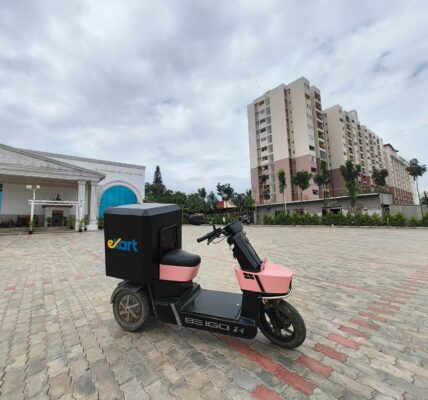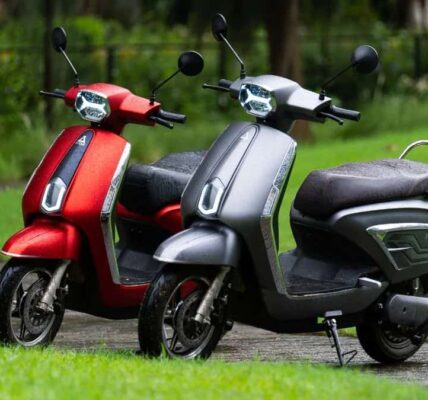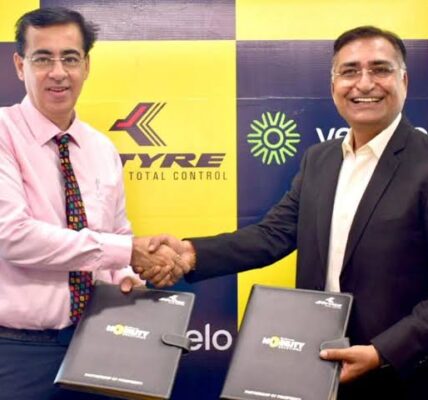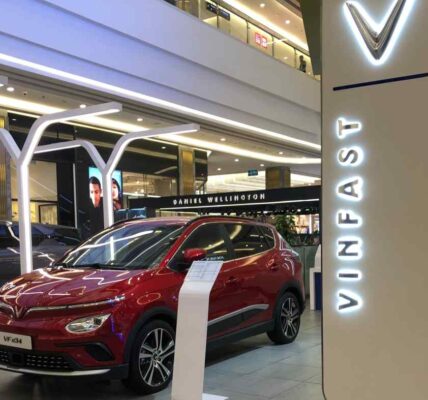As part of the national policy, the Centre will support Andhra Pradesh to develop electric vehicle charging infrastructure in the state, said Energy Efficiency Services (EESL- GoI), executive vice-chairman Saurabh Kumar, while requesting the state government to support the objective of bringing electric vehicles revolution in the country in the next 10 years.
The Centre aims to see electric three-wheelers operating in the country by 2023, and electric two-wheelers by 2025. Electric vehicles represent one of the most promising pathways to increase energy security, reduce carbon emissions and improve air quality. Electric mobility comes with zero or ultra-low tail-pipe emissions of local air pollutants and much lower noise. It can boost economic and industrial competitiveness, creating a congenial atmosphere for attracting investments, he said.
The EESL has already established 80 charging stations in Andhra Pradesh and supplied 300 e-cars to various government departments. The Centre had announced FAME (Faster Adoption and Manufacturing of Hybrid and EV) India phase –2 scheme to incentivise development of public charging infrastructure and increase uptake of electric vehicles in the country. EESL executive vice-chairman urged the department of transport, DISCOMs and power utilities to launch more e-vehicle charging stations in co-ordination with APSECM and Renewable Energy Development Corporation of Andhra Pradesh (NREDCAP). The EESL has plans to set up 5,000 charging stations in the country by 2025.
“We consider Andhra Pradesh as one of the best states in the country for producing results keeping in view of the State’s track record,” Saurabh Kumar said.
Officials of NREDCAP, the State Nodal Agency (SNA) for e-vehicles, said that it is contemplating to convert APSRTC bus fleet of over 11,000 buses into electric buses (Battery Electric vehicles or fuel electric vehicles) by 2029, with the first phase of 100 percent conversion of bus fleet in top 4 cities by 2024. The cities of Vijayawada, Visakhapatnam and Tirupati will be declared as Model Electric Mobility(EM) cities with phase-wise goals to adopt electric vehicles, charging & Hydrogen refuelling infrastructure and new EV enabling building codes, officials said.







